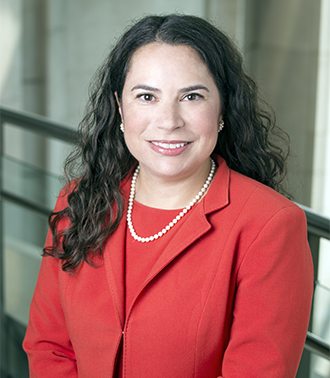A Divided FERC Issues a Carbon Policy Statement
Over the partial concurrences and partial dissents of two of its three Republican commissioners, the Federal Energy Regulatory Commission (FERC) yesterday issued a Policy Statement in Docket No. AD20-14 announcing that it would entertain filings by eligible entities in certain parts of the country to incorporate state-sponsored carbon prices in wholesale markets. The action follows a September 2020 carbon pricing technical conference and a Proposed Policy Statement that was issued on October 15, 2020 under then-Chairman Neil Chatterjee, another Republican appointee, who was replaced as Chairman less than three weeks later. Yesterday, Commissioner Chatterjee jointed the two Democratic commissioners to provide the majority needed to issue the Policy Statement.
The Federal Power Act (FPA), the relevant statute that gives FERC the right to oversee wholesale electric rates, and particularly FPA Section 205, already provides utilities with rights to make filings relating to the service they provide. To that extent, FERC's policy announcement is largely symbolic. The Policy Statement does not prejudge whether FERC has jurisdiction to consider any specific request to impose a carbon price. Moreover, it only applies to those parts of the country that participate in centralized wholesale power markets run by a type of utility known as a Regional Transmission Organization (RTO) or Independent System Operator (ISO).
While ISOs are single-state entities, RTOs run power markets across state lines, using least-cost centralized dispatch approaches to serve an entire region. By way of example, the largest RTO, PJM Interconnection, covers all or part of 13 states. Given their operation of multi-state centrally operated power markets, RTOs already have been grappling with how to address the issue of carbon in light of the diverse viewpoints and policies of states where they provide service.
While the development of electric market rules involves many complexities, one of the major issues RTOs are grappling with is leakage. "Leakage" refers to the situation that may occur when some states in a multi-state single market participate in a carbon pricing program and others do not—emissions-generating activities may shift to the states without carbon pricing so that total emissions do not decrease. Another important RTO consideration, highlighted by recent blackouts and loss of life during severe weather, is preserving reliability during the transition to a less carbon-intensive future given that imposition of a carbon price may accelerate retirements of existing infrastructure before adequate replacements are in service.
Issues of constitutional law also abound in this debate. In Commissioner Mark Christie's partial concurrence and dissent, he noted that a carbon price should be recognized for what it is, which he concluded is a tax. If that is the case, Commissioner Christie pointed out Congress has not given FERC the right to impose a tax.
The Policy Statement is careful not to indicate a preference for carbon pricing over any other state policy and affirms that how to address greenhouse gas emissions is a state's decision. That said, in its press release, FERC noted "[c]arbon pricing has emerged as an important market-based tool in state efforts to reduce greenhouse gas emissions," with twelve states already imposing some version of carbon pricing. While what proposals will be filed and when remain uncertain, a future of highly contested proceedings seems certain.
© Arnold & Porter Kaye Scholer LLP 2021 All Rights Reserved. This blog post is intended to be a general summary of the law and does not constitute legal advice. You should consult with counsel to determine applicable legal requirements in a specific fact situation.


